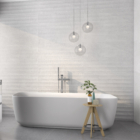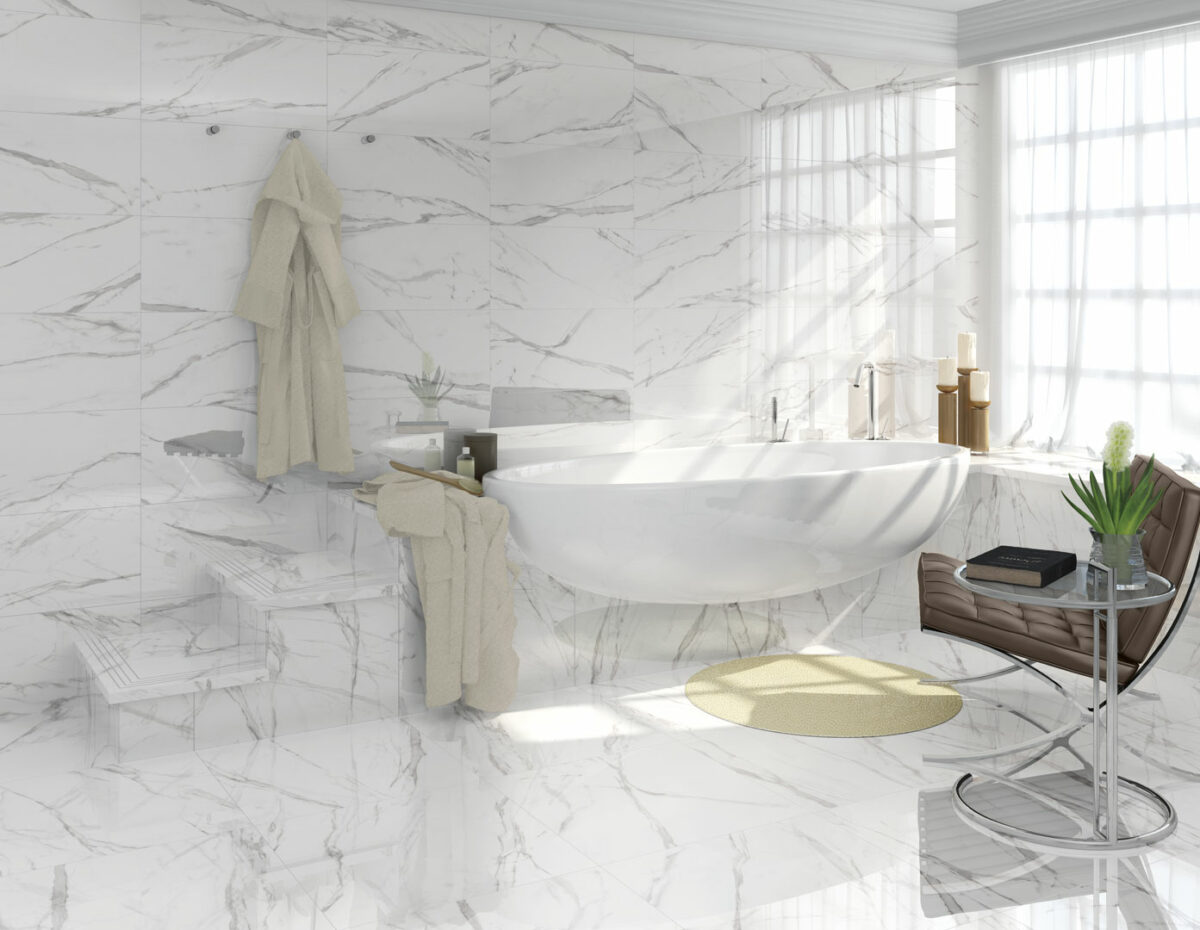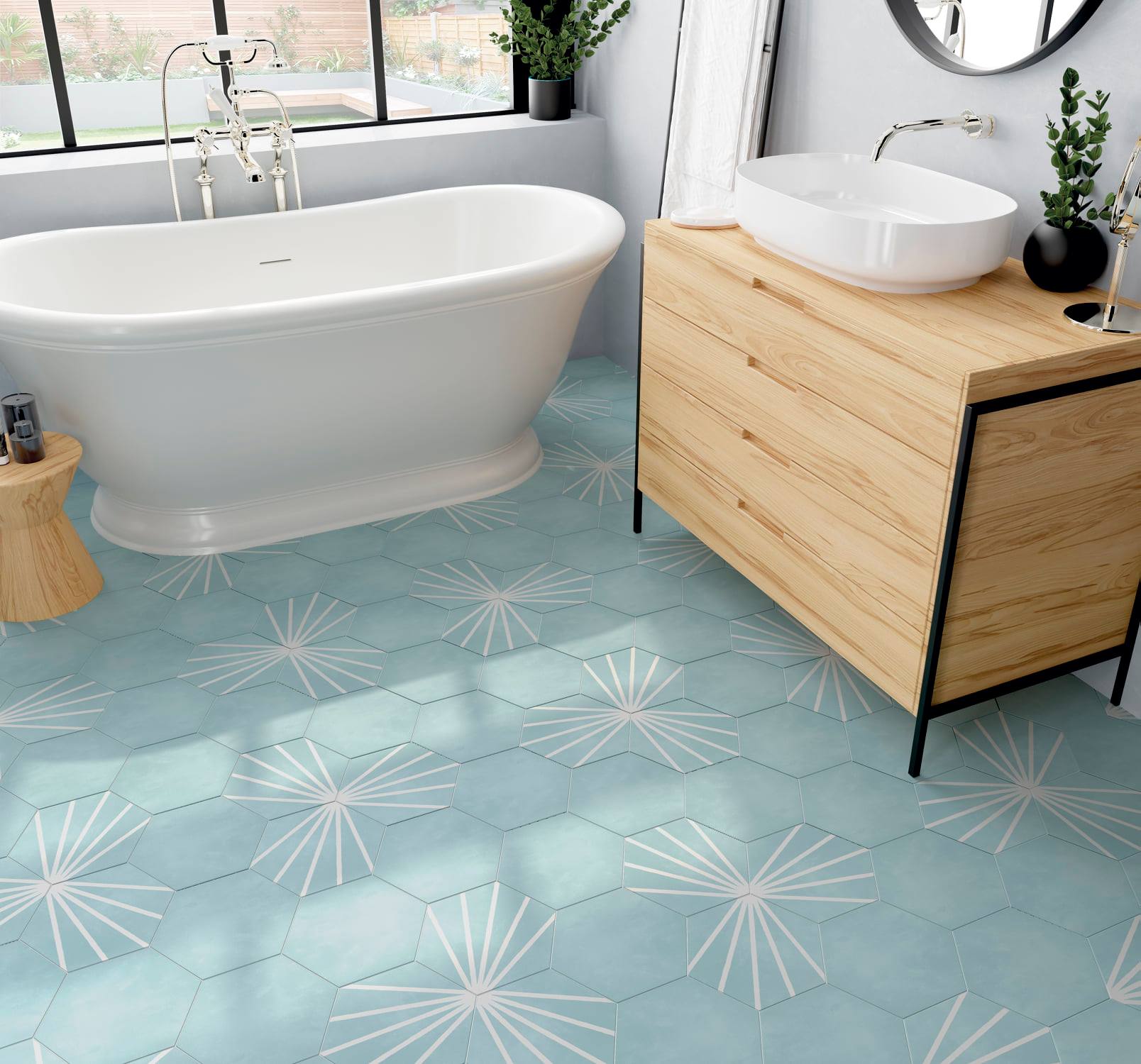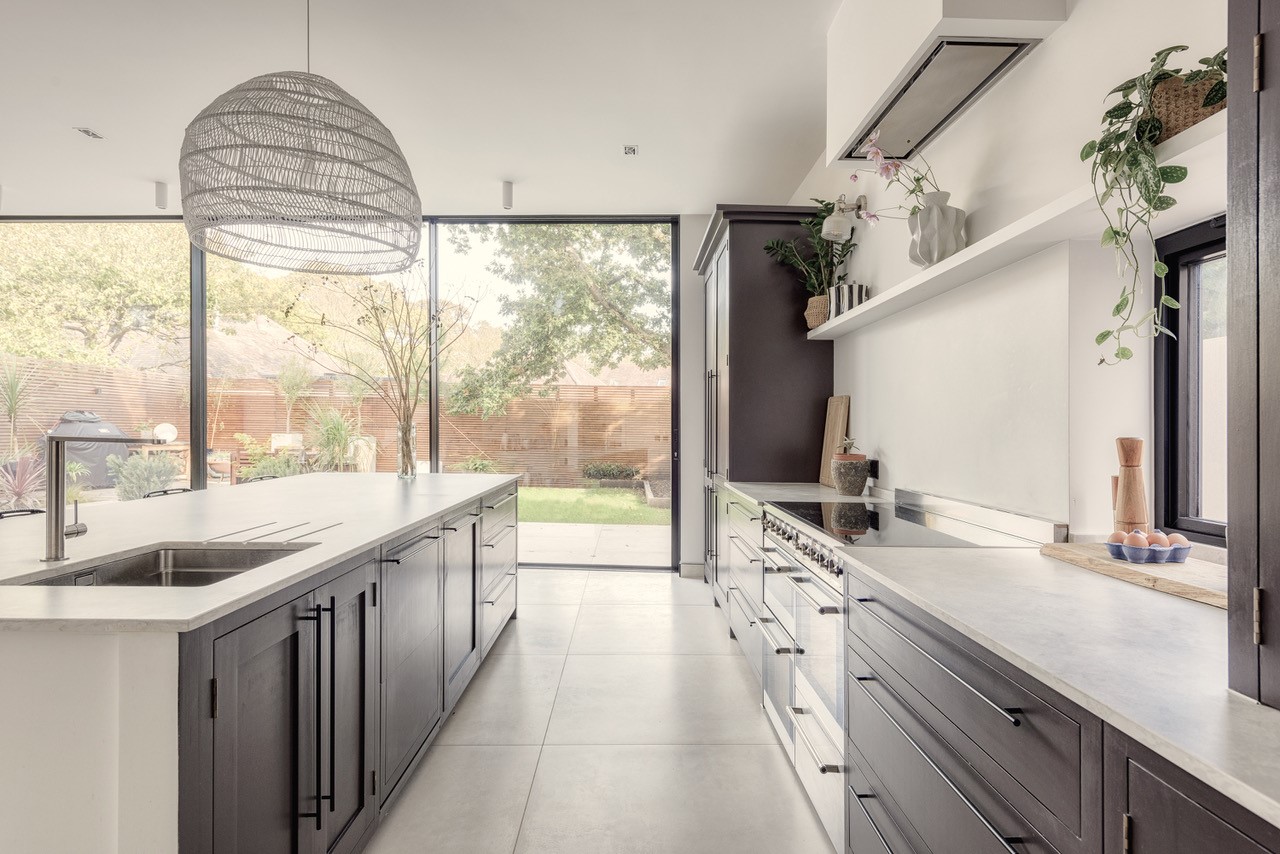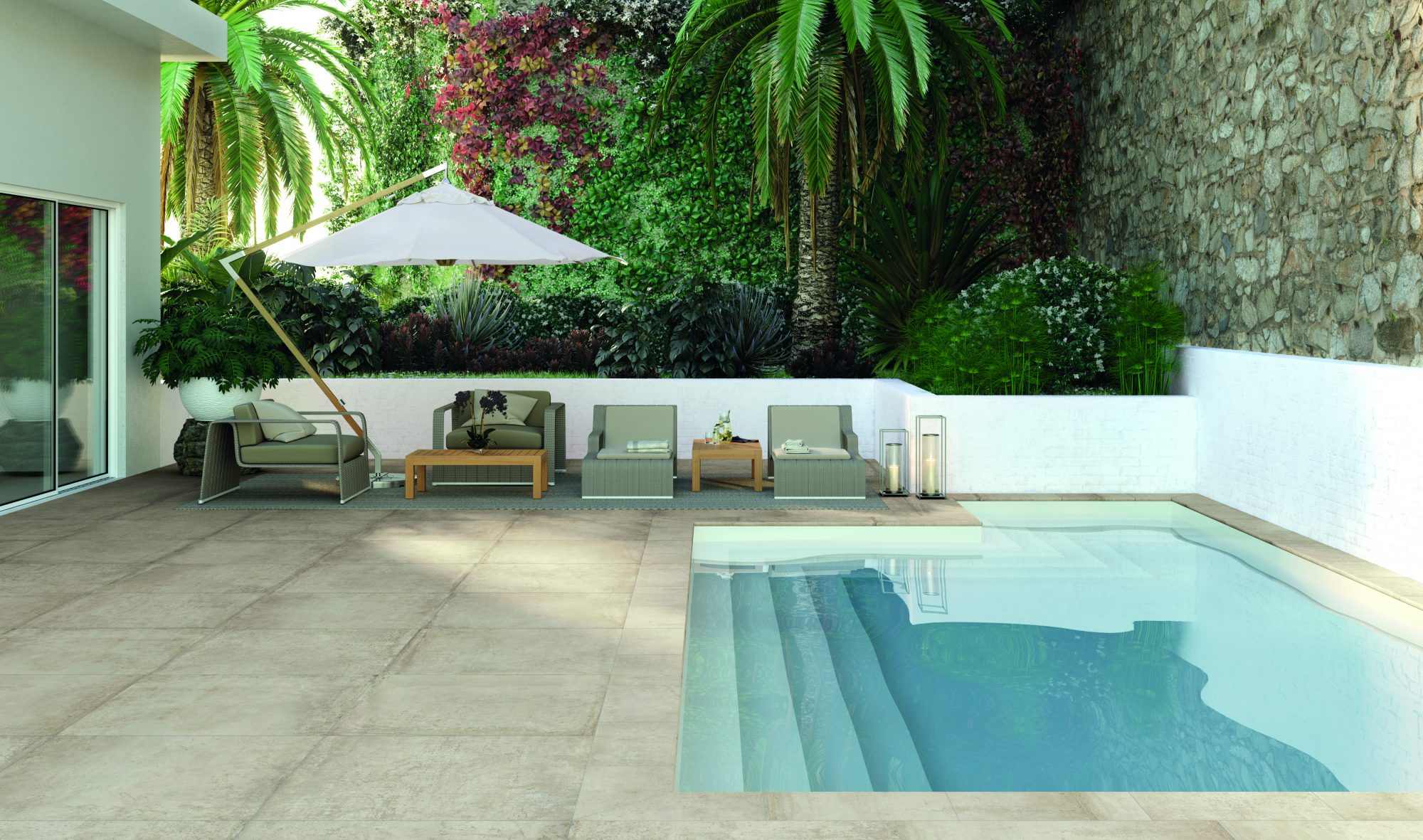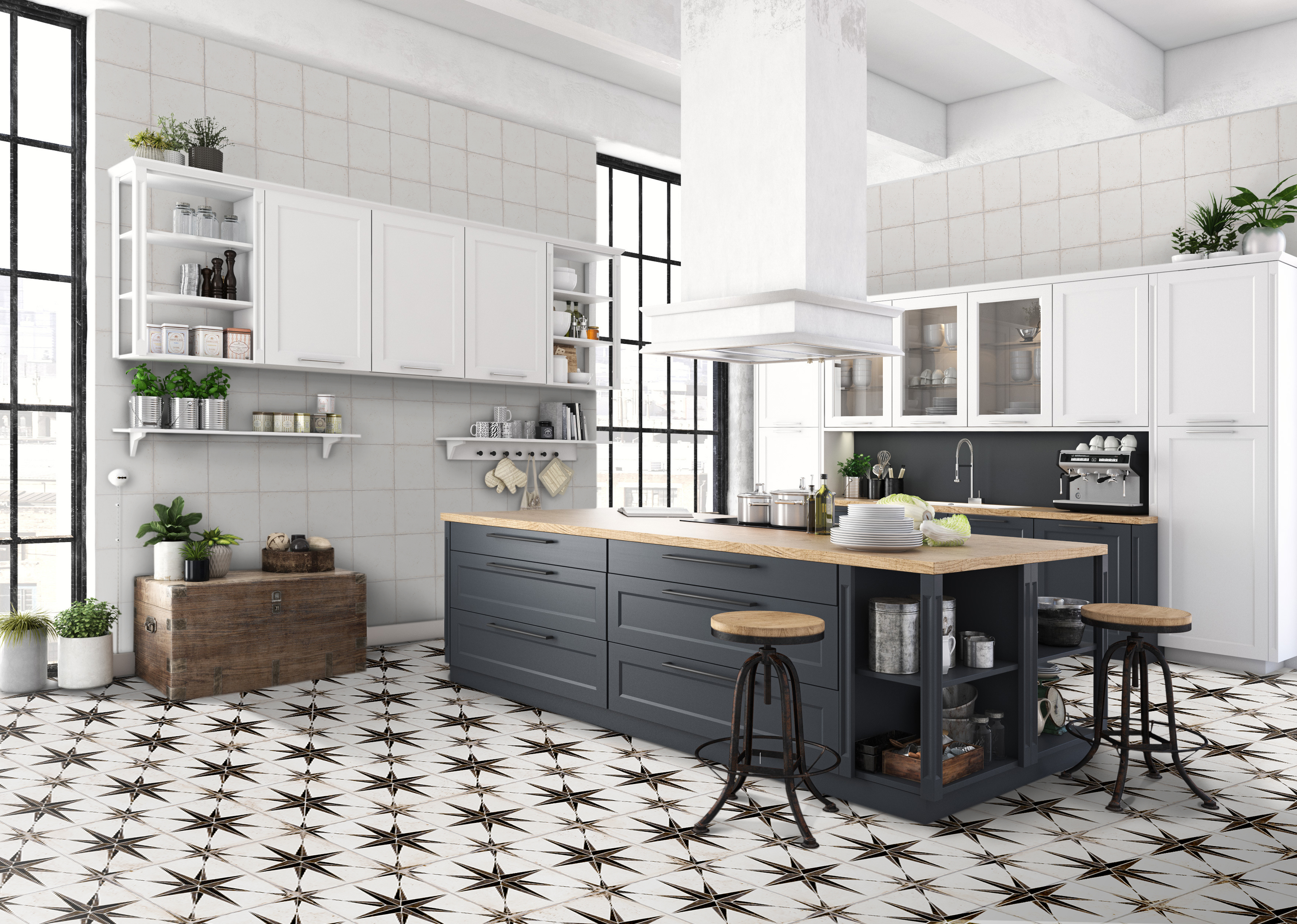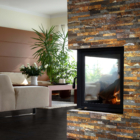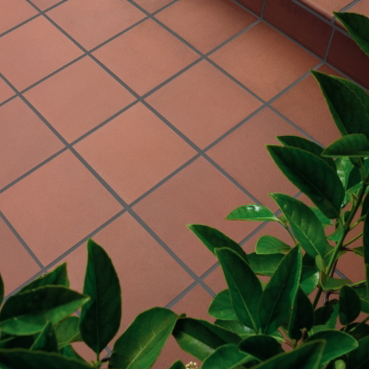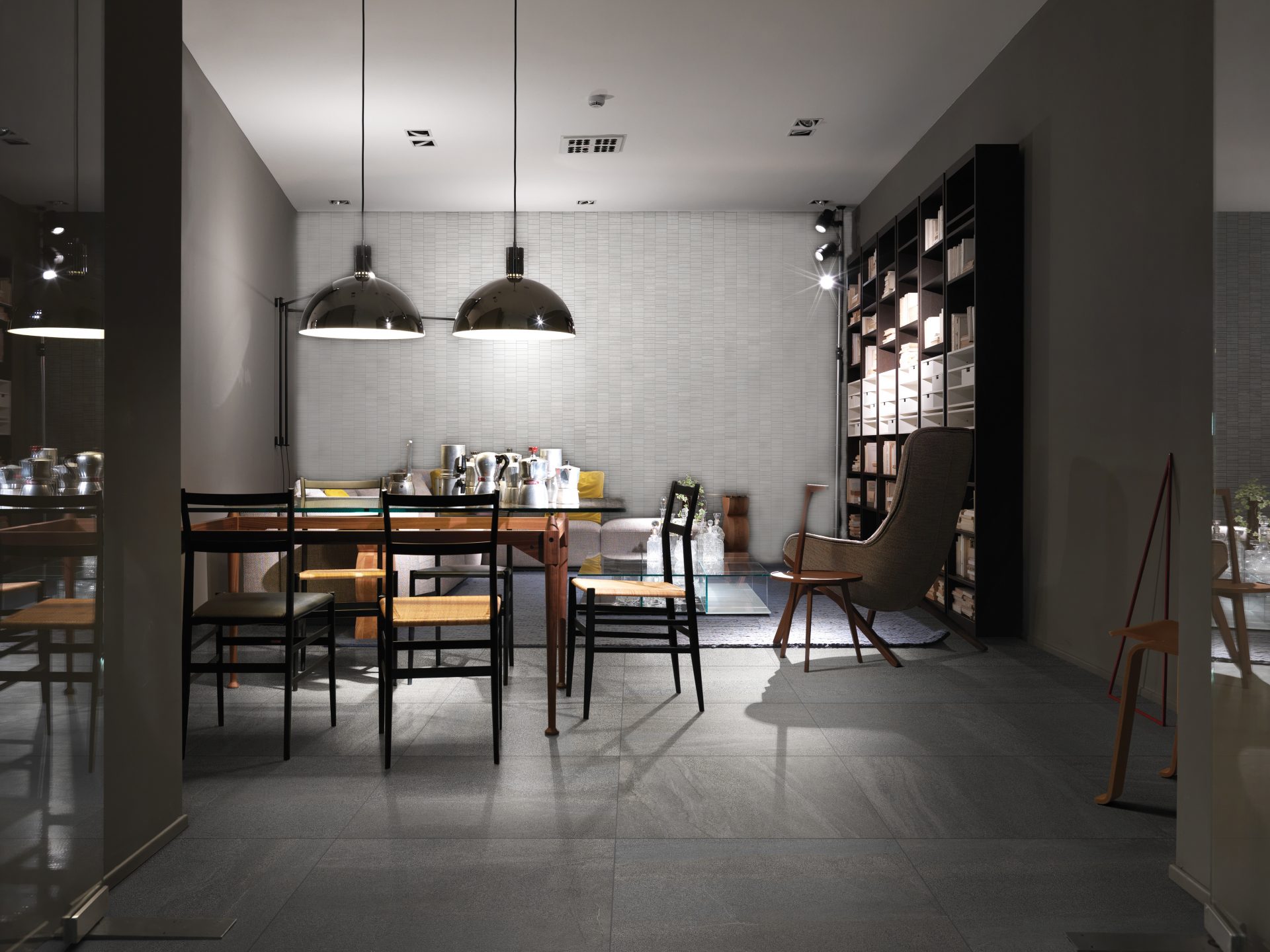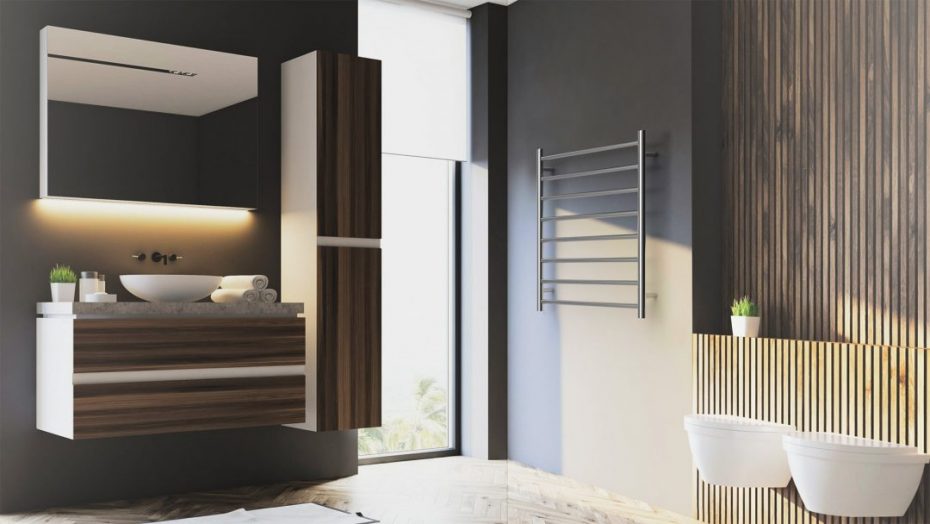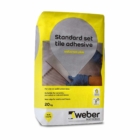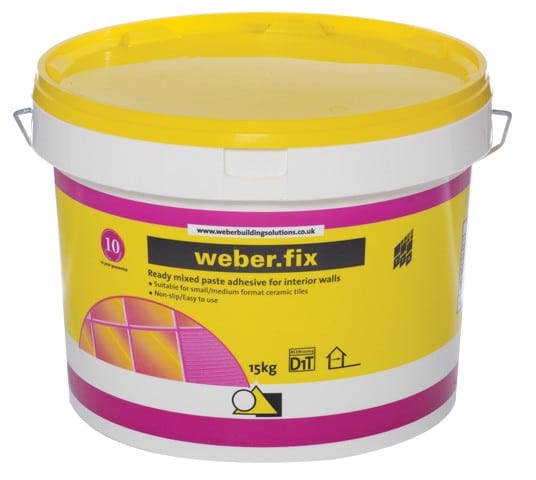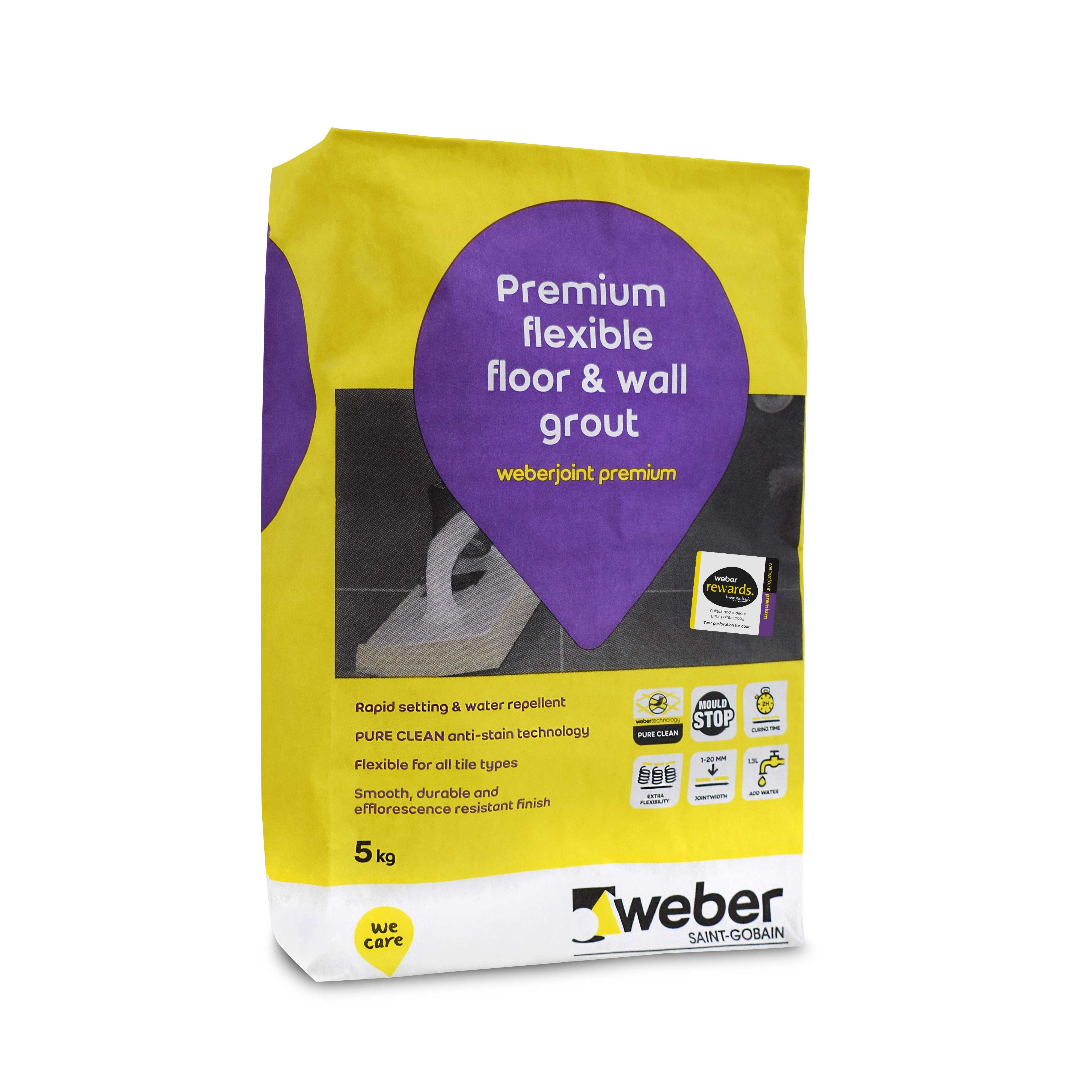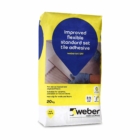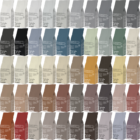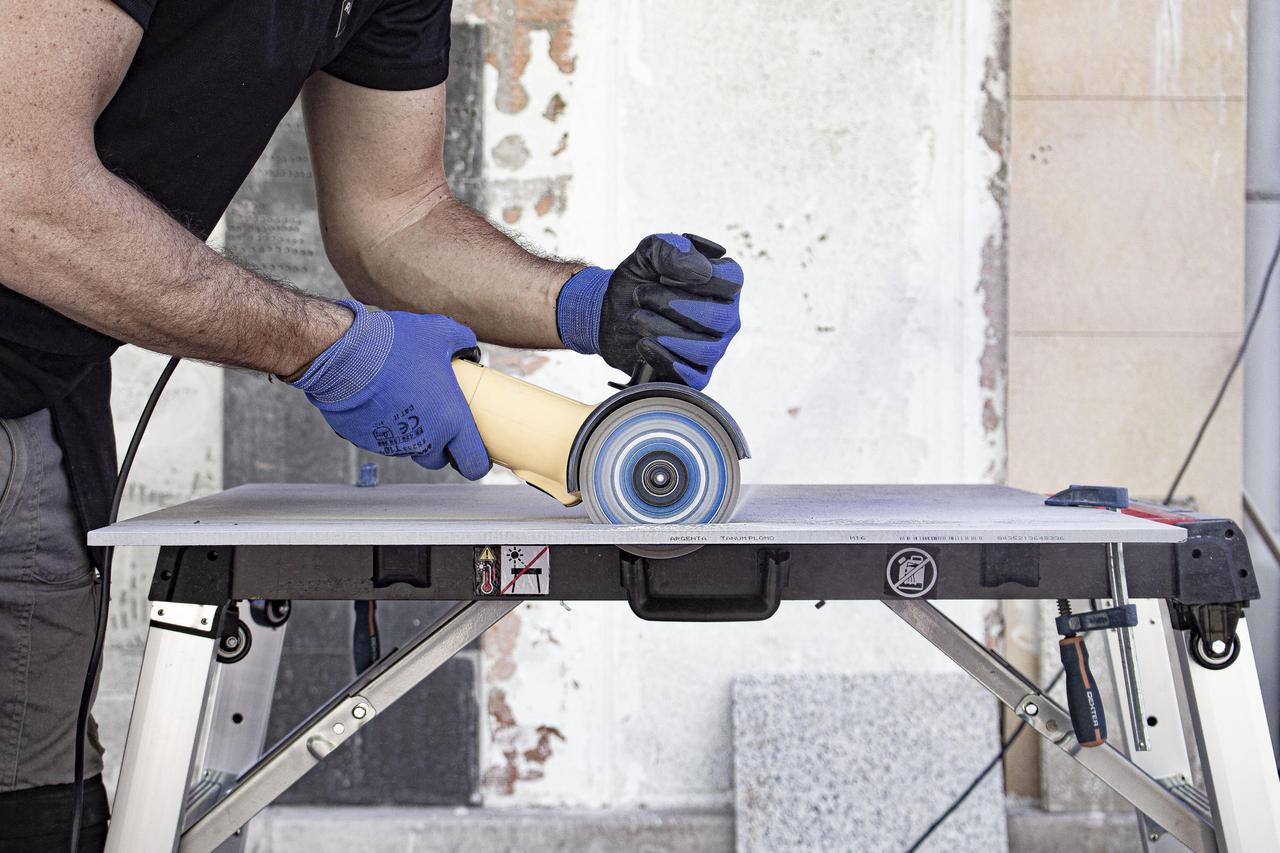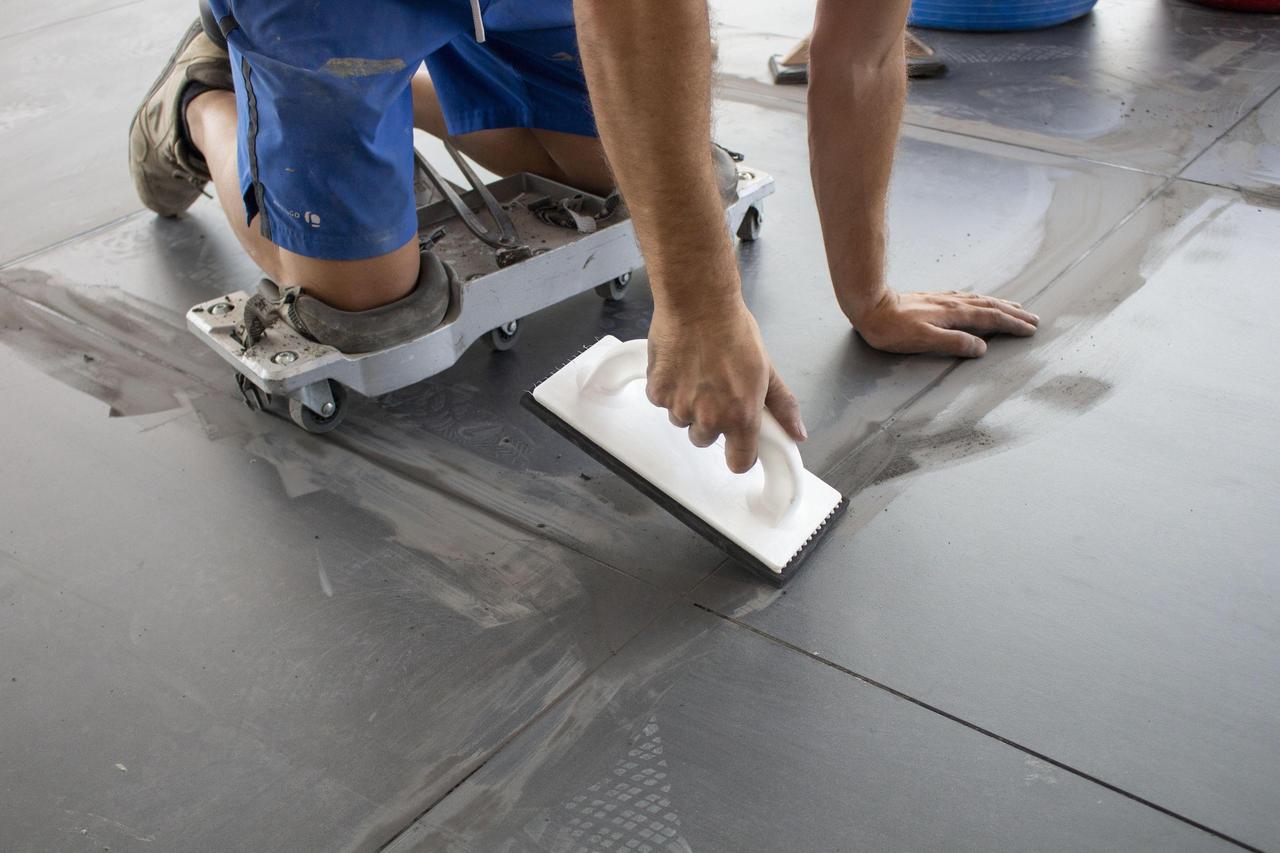Are Outdoor Tiles Slippery?
The last thing you want is slippery tiles ruining your outdoor project. Avoidable accidents are caused when using wet areas routinely – so it makes sense to research the tiles carefully before installing them.
Natural tiles are more porous than porcelain tiles and ceramic tiles, meaning they must be sealed and cleaned regularly. On the other hand, porcelain outdoor tiles are extremely dense and slip-proof.
The Importance Of Surface Texture
Outside patio panels are made from either porcelain tile, ceramic or sandstone; to a large extent, this determines how slippery the slabs are.
Both materials are made using similar processes; they use a combination of clay and stone heated to a temperature of around 1400 degrees Celcius. But they have different properties.
Porcelain tiles are made from denser clay and use harder stones like granite instead of sand. This makes the material less porous and far less water absorbent.
When the material is more porous, such as ceramic pavers and certain types of sandstone, they absorb rainwater and become slippery.
To protect the more porous ceramic material from liquid absorption, manufacturers often glaze the tiles. This is especially common for interior floor slabs, especially bathroom slabs which are regularly exposed to moisture. However, when used in outdoor areas, glazed panels are naturally more slippery.
Which Outdoor Tiles Are The Most Slip-Resistant?
Porcelain tiles
Outdoor porcelain tiles are dense outside slabs with a low water absorption rate and are available in many colours. Instead of absorbing into the tile, the water stays on the surface where it evaporates.
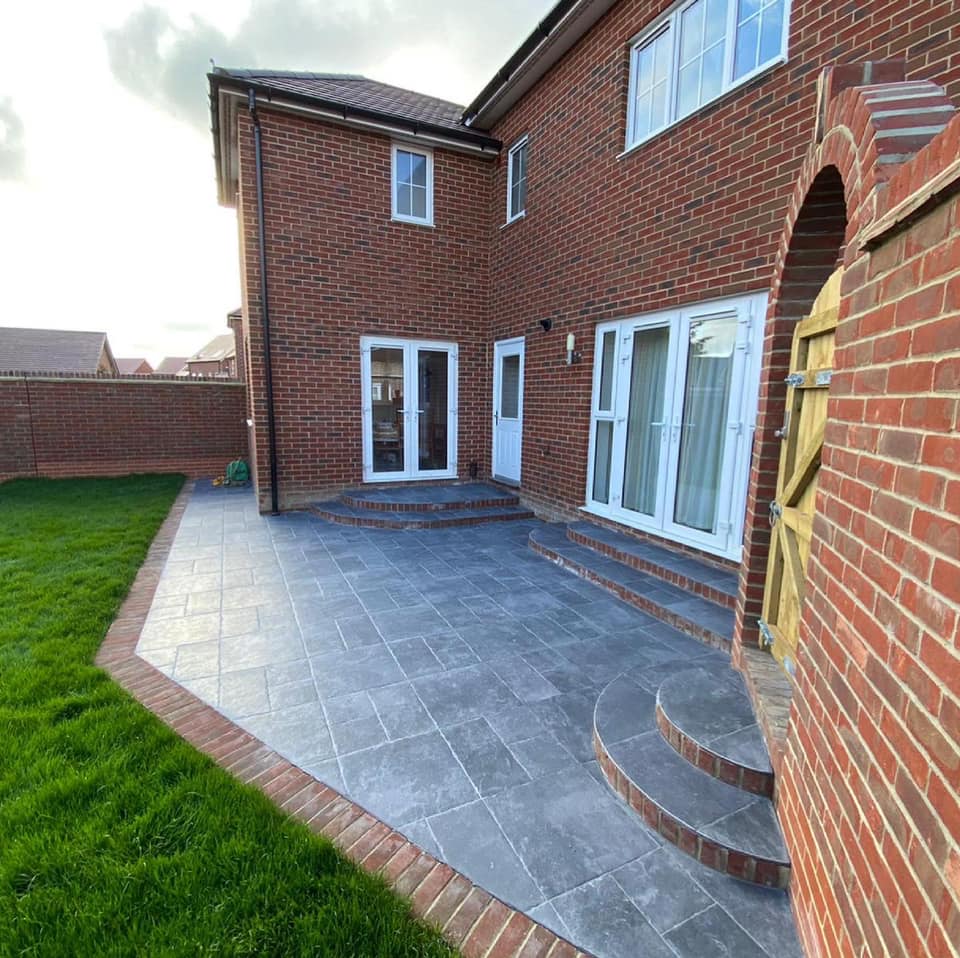
Natural stone tiles
Natural stone covers many types of tiling. These include granite, limestone, slate, and travertine. This stone is generally resistant to slips unless it’s polished stone, but it’s also more water-absorbent.
Concrete pavers
Concrete is more porous than porcelain pavers and can be slippery when used as paver material; however, if the concrete is treated with a slip-proof coating and has good drainage, it should be fine.
Ceramic tiles
When unglazed ceramic tiling is used, it is fairly resistant to slips; however, they are less durable in this form. Glazed slabs are best for outdoor use but retain water.
Composite decking tiles
Composite decking panels are an excellent alternative to wood panels. It is made of composite materials specially designed to drain water and provide a highly slip-proof surface.
Keep Your Tiles Clean To Avoid Slips
It’s a good idea to buy garden slabs that are naturally slip-proof, such as porcelain tiles and certain types of terracotta. However, even when you have slip proof tiles, you still need to look after them to ensure there is no residual build-up of grease leftover to cause slippage.
The best way to avoid unforeseen slips and accidents is to routinely clean your outside patio tiles and treat them with special sealants to prevent water absorption. You should also ensure they are installed correctly.
How To Clean Outdoor Tiles
Cleaning your outside slabs routinely not only keeps them looking nice it also prevents slippage. First, clean the outdoor porcelain tile areas by removing all your furniture and plants.
Next, sweep the entire area with a brush, then use a hose to wash it with warm water. You might have to increase the pressure washer power to take off hard grime.
Next, scrub the deck using a scrubbing brush or a stiff sweeping brush. Pay close attention to any stains or dirt that can affect the top coating. Finally, apply a fade-resistant non-slip treatment.
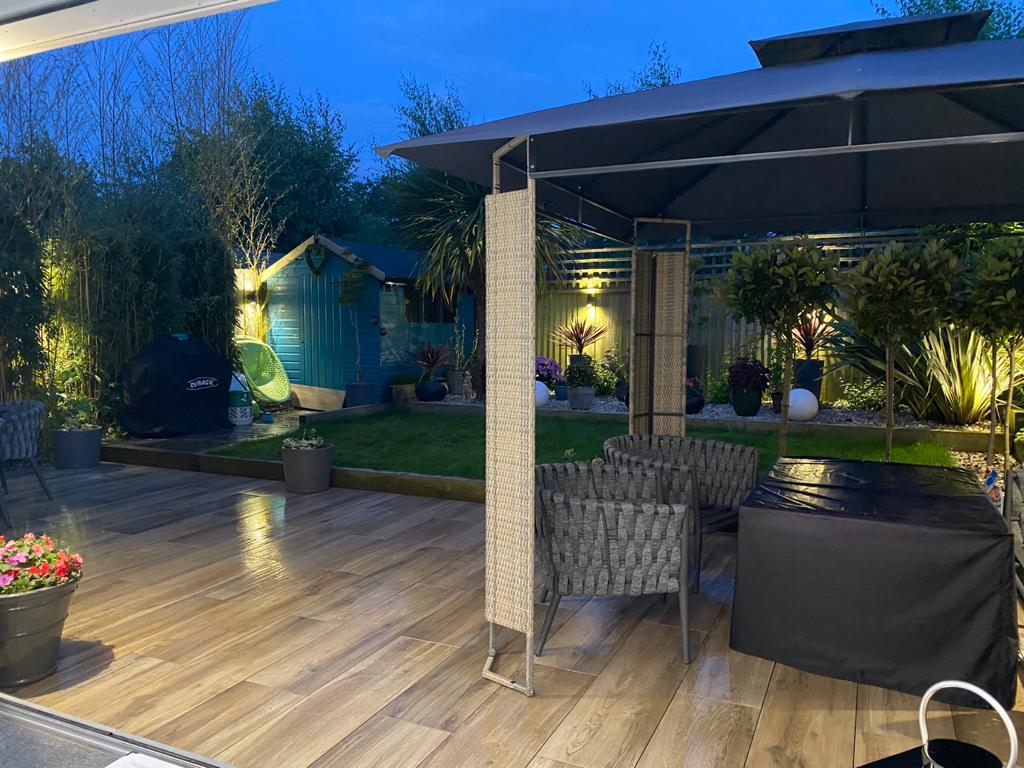
FAQs
Is porcelain paving good for slip resistance?
Porcelain is probably the best paving you can buy for wet resistance! It is made from a dense, non-porous material and has a rough surface tile that offers grip.
Porcelain is not only used for decking in wet conditions but it’s installed around swimming pools as the most reliable way to prevent accidents.
Which tiles are the most low-maintenance?
Porcelain are beautiful and strong tiles, and they are probably the most low-maintenance outdoor tile.
Stone has its advantages, it can give outdoor patios a seamless look, but it requires more treatment and regular attention. The most important thing is overall safety.
What types of tiles are suitable for outdoors?
Most durable tiles can be used outdoors on the ground unless they are wall tiles. Outdoor floor tiles made from porcelain tile or composite material are suitable and look nice in high traffic areas.
However, when you factor in maintenance, natural tile requires wet sealing and more attention than other surfaces.


